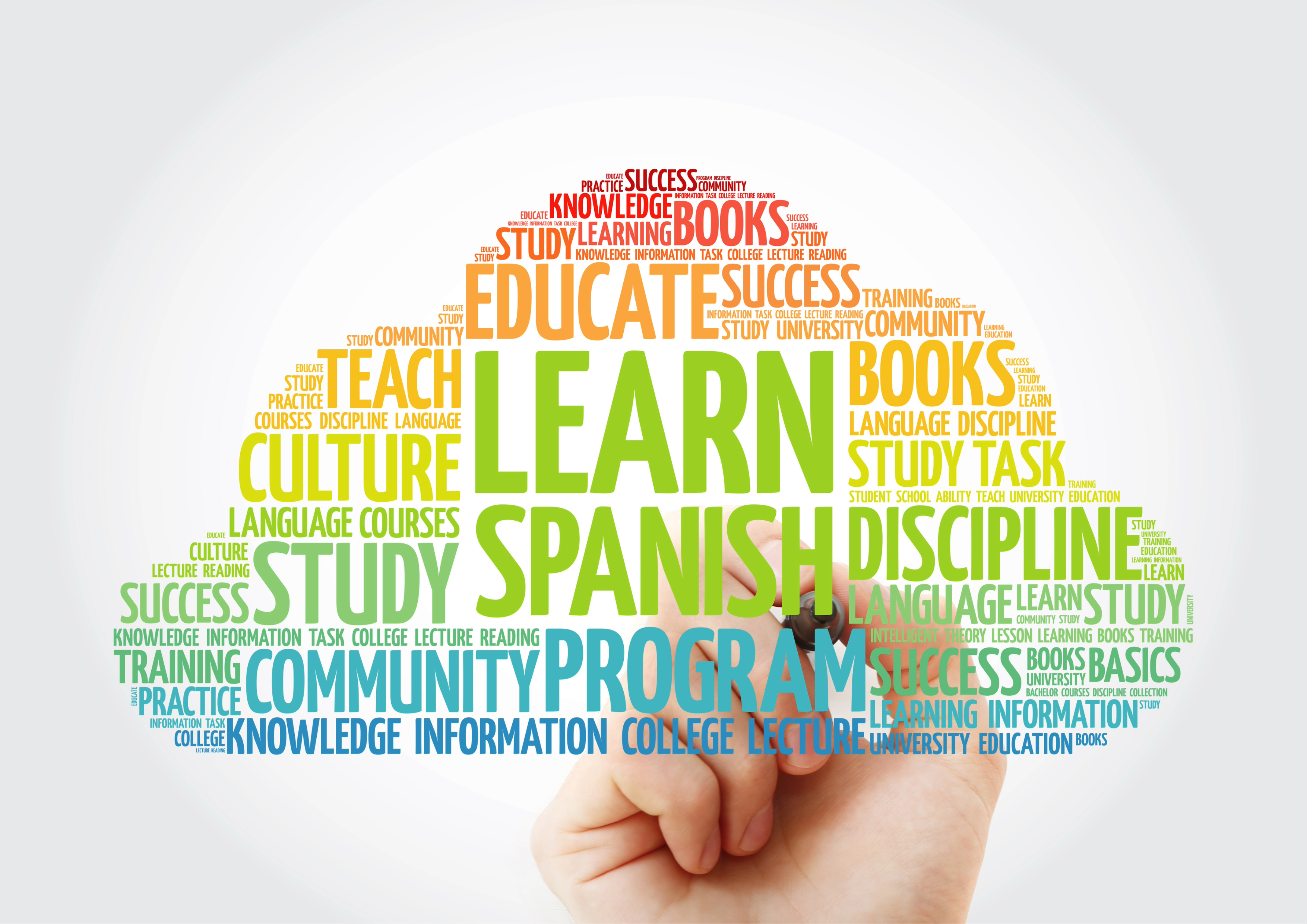
The Surprising Neurological Benefits of Becoming Bilingual
Did you know that learning Spanish not only enhances your communication skills but also strengthens your brain? Beyond being a tool to connect with cultures and people, bilingualism offers neurological benefits that positively impact your mental and cognitive health.
More Than Just a Language
For years, bilingualism has been praised as a résumé booster or a tool for travel. But emerging research reveals something far more profound: speaking two languages reshapes your brain in ways that benefit everything from memory to mental resilience. If you’re a professional juggling a demanding career, social connections, or plans for retirement, mastering Spanish could be the ultimate investment in both your personal growth and neurological health.
Let’s dive into the science, and stories behind why your goal to speak fluent Spanish might be the smartest decision your brain ever makes.
1.Bilingual Brains Age Better: The Dementia Defense
In 2007, a groundbreaking study led by Dr. Ellen Bialystok, a cognitive neuroscientist at York University, found that bilingual adults developed symptoms of dementia 4-5 years later than monolinguals. The reason? Constantly switching between languages strengthens the brain’s executive control system, which manages attention, problem-solving, and memory.
Dr. Bialystok explains: “Bilingualism doesn’t prevent dementia, but it creates a cognitive reserve that delays its onset. It’s like having a backup generator for the brain.”
This “reserve” is critical for professionals in high-stress fields like medicine, law, or engineering, jobs where mental agility defines success.
For busy professionals seeking structured Spanish lessons for career growth, this neurological perk adds urgency to mastering the language.
2.Enhanced Focus and Multitasking: The Executive Function Boost
A 2012 study published in Journal of Cognitive Neuroscience revealed that bilinguals outperform monolinguals in tasks requiring focus amid distractions. Dr. Albert Costa, a neuroscientist at Pompeu Fabra University, noted that bilinguals develop a “cognitive muscle” from constantly inhibiting one language while using another.
Consider this:
- Medical professionals juggling patient care in Spanish and English.
- Engineers collaborating with global teams.
- Lawyers negotiating contracts across cultures.
For these individuals, improving Spanish fluency isn’t just about communication, it’s about honing a skill that makes them sharper in their daily work.
3.Emotional Resilience: The Bilingual Advantage in Stressful Situations
Speaking a second language doesn’t just expand your communication skills, it rewires how you process emotions under pressure. Pioneering research by Dr. Boaz Keysar at the University of Chicago demonstrated that using a non-native language creates psychological distance, allowing individuals to make more rational, less emotionally-driven decisions. In his landmark 2012 study, Keysar found that participants using a foreign language were less susceptible to cognitive biases like loss aversion, as the emotional intensity of words was muted in their second language.
This phenomenon is further supported by Dr. Catherine L. Caldwell-Harris, a psycholinguist at Boston University, whose work highlights how bilinguals often experience reduced emotional reactivity in their second language. In a 2015 study, she noted: “The foreign language acts as a buffer, enabling speakers to approach high-stakes scenarios, like negotiations or conflict resolution, with heightened objectivity.”
4.Pronunciation Practice: Rewiring Your Brain’s Sound System
Mastering Spanish pronunciation isn’t just about sounding authentic, it’s a neurological workout. Dr. Patrick Wong of Northwestern University found that adults who learn new speech sounds develop increased gray matter in the auditory cortex. “Your brain physically changes to accommodate new sounds,” says Wong. “This plasticity is key for professionals who need quick comprehension in conversations.”
Structured Spanish pronunciation lessons can accelerate this rewiring, helping you decode rapid-fire dialogues with native speakers.
5.Social Connections: The Neurochemical Reward
Engaging in Spanish conversations does more than build vocabulary, it activates the brain’s reward system. Research by Dr. Arturo Hernandez, a neuroscientist specializing in bilingualism at the University of Houston, reveals that social interactions in a second language enhance neural plasticity in regions associated with empathy and cross-cultural understanding. In his book The Bilingual Brain, Hernandez explains: «When we communicate in another language, we’re not just learning words; we’re training our brains to navigate social nuances, which strengthens connections in the anterior cingulate cortex and prefrontal areas linked to empathy.»
This neurological rewiring is particularly impactful for professionals or retirees with Hispanic partners, clients, or community ties. Mastering Spanish isn’t just about grammar, it’s about fostering deeper, more meaningful relationships through a brain primed for cultural connection.
Your Brain on Spanish
To tap into these neurological benefits, your learning strategy must address both language and confidence. Here’s how:
- Targeted Repetition: Dr. John Hattie’s 2018 research on education emphasizes that spaced repetition solidifies memory.
- Real-World Immersion: Watch Spanish films or listen to podcasts to train your auditory cortex.
- Feedback-Driven Coaching: Work with a tutor to correct errors in real-time,critical for overcoming the “intermediate plateau.”
Fluency Is a Brain Hack
Becoming bilingual isn’t just about adding a skill, it’s about rewiring your brain for lifelong resilience. From fortifying memory networks to enhancing decision-making agility, Spanish fluency unlocks cognitive benefits that extend far beyond words.
As Dr. Ellen Bialystok, a pioneer in bilingualism research, puts it: “Every time you speak another language, you’re giving your brain a tune-up, sharpening its ability to adapt, focus, and thrive.”
Ready to unlock these benefits while mastering Spanish for your career, travels, or family? Send me a message to book your trial class with me. Together, we’ll build a structured plan to boost your fluency, confidence, and brain health, one conversation at a time.
